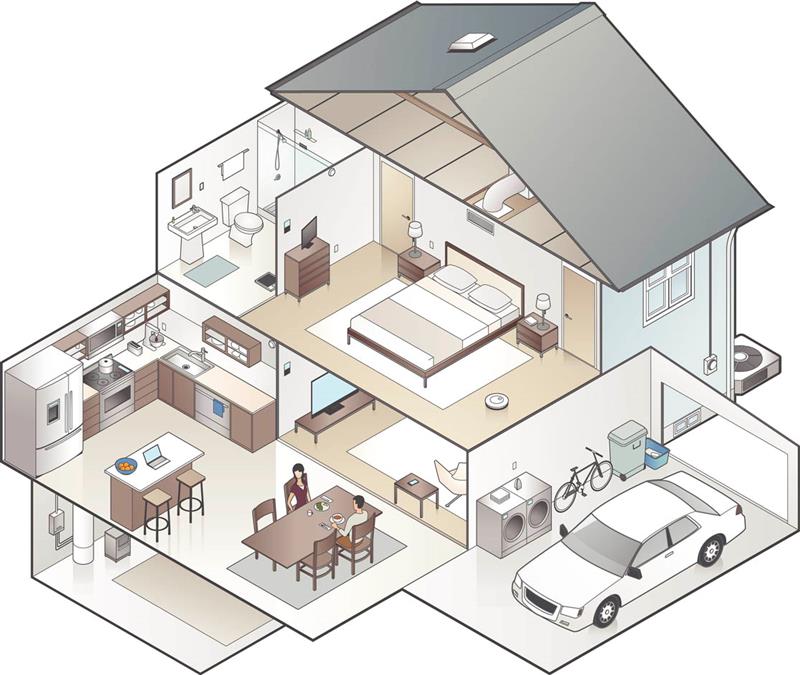
Bipolar ionization improves indoor air quality by neutralizing living airborne particles that are invisible to the naked eye. This technology is a proven and accepted method to sterilize the air that is widely utilized in health facilities such as hospitals and clinics, as well as in public buildings, including airports and hotels.
A Naturally Clean Approach
You may have already experienced the benefits of ionization if you’ve ever noticed the more refreshing environment that exists high in the mountains or around sources of moving water such as waterfalls. These locales benefit from naturally occurring ionization that effectively cleanses the air of particulates and pathogens.
How Ionization Improves Air Quality
Installed inside the ductwork of your home, the bipolar ionization component is a compact electronic unit that emits millions of positive and negative ions into the airflow of your HVAC system. As these ions circulate through the entire house, indoor air is sterilized in two ways:
- Positive and negative ions are naturally attracted to microscopic airborne particles, including germs, viruses, and other pathogens. As ions bond to the particulates, an oxidation process occurs that destroys these infectious agents.
- Ionization also causes airborne particulates to bond together. This makes these tiny particles larger and more effectively captured by your HVAC system’s air filter.
Proven Air-Quality Benefits
Studies by the United States Department of Defense have concluded that in just 30 minutes, bipolar ionization can eliminate more than 99% of contagions that compromise your indoor air quality. The list includes influenza, MRSA, SARS, and Norovirus. Other air-quality issues such as mold spores, mildew, and bacteria, may also be controlled by ionization.
A typical household installation of an ionization unit is uncomplicated and quick. Most home bipolar ionization units consume only as much electricity as a smaller incandescent lightbulb.
For more information about the positive effects of bipolar ionization on indoor air quality, ask the professionals at Jackson & Sons.

